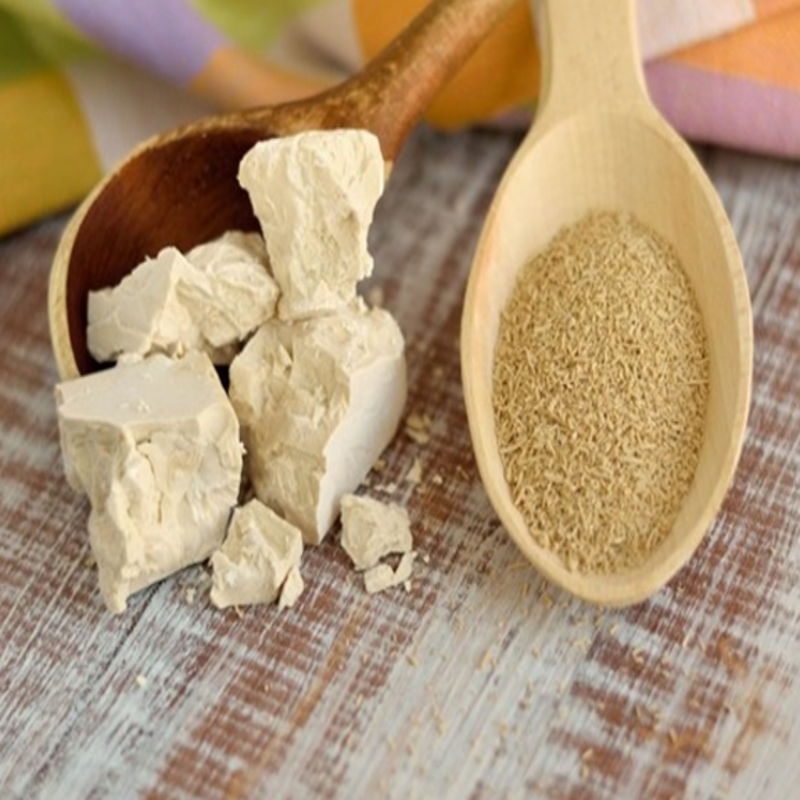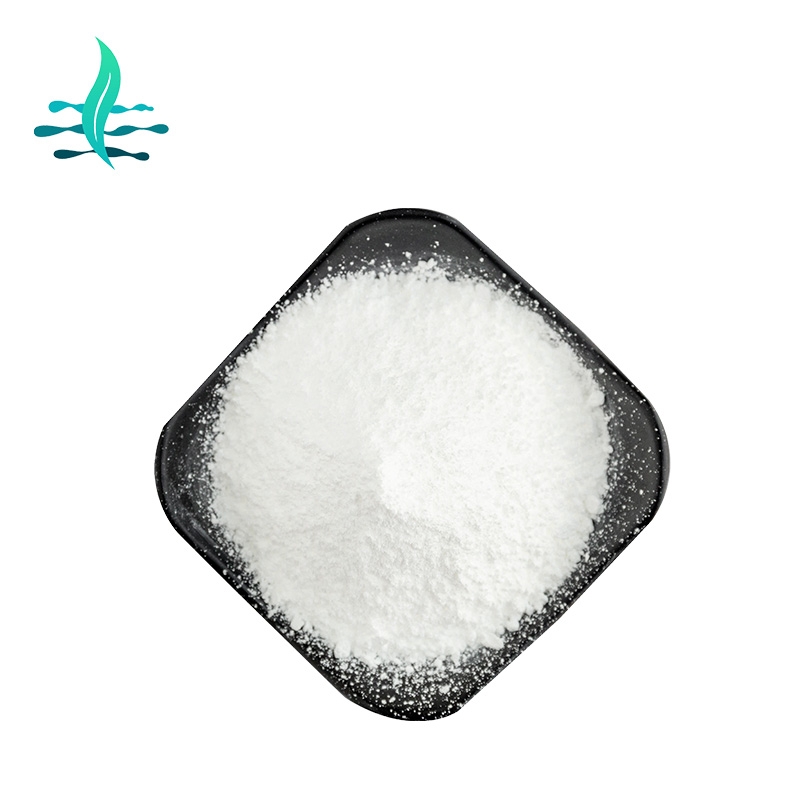Would you like some milk? Abdominal distension? No longer a problem (II)
-
Last Update: 2021-02-02
-
Source: Internet
-
Author: User
Search more information of high quality chemicals, good prices and reliable suppliers, visit
www.echemi.com
ValioFinnish dairy company
Valio
developed a technology to produce lactose-free milk, and in
launched
Valio
lactose-free milk, claiming to be the world's first truly lactose-free milk (it contains less than
0.01%
of lactose content, but tastes like ordinary milk). This product was awarded the
Star Product of the Year award
2002 by the Finnish Food and Beverage Industry
.company's
Zero Lactose™
technology includes membrane filtration and layering separation techniques for pasteurized cow's milk to remove some lactose and then use enzyme degradation to degrade the remaining lactose. During the filtration process, minerals are also filtered out, but the minerals are added to restore the initial mineral content. Lactose-free milk powder can be obtained by spraying the remaining products.
Maritta Timonen
,
export manager at
Valio
, says the technology can cut lactose content from
4.8 percent
to less than
0.01 percent
without affecting taste, and the process can already be implemented in factories of any size after more than a decade of improvements.Valio
lactose separation technology was awarded the
European Food Tec Gold Award by the German Agricultural Association in
2006
.
, vice president of technology at valio
, also received an honorary award from the Nordic Dairy Technical Committee
for his contribution to the milk processing technology, in particular
Valio
Lactose
-Free Technology
in
2007.
Valio
's research and development team also received the Finnish Engineering Award from
Finnish Association of Graduate Engineers
for its enzyme and membrane separation techniques.the company first introduced
Lactose Free™
low-fat milk drinks in finland in
2001
, using enzymes from enzyme suppliers™
2003
the company began licensing Swiss dairy companies to use its lactose-free milk production technology, providing direct technical support, analytical methods and expertise.
Valio
also licenses the use of its technology to companies from Spain, South Korea, Norway and the Netherlands. In addition, the company sells its lactose-free milk powder to confectionery factories, dairy factories, bakeries and fast food companies.the company also
Valio IML
technology to enable its customers to continuously process whey and reduce enzyme consumption. The technique uses a fixed lactase to degrade 95% of
of
whey. These degraded and removed minerals in lactose syrup, also known as permeable syrup, are said to taste good and soluble, with a shelf life of
6
months. It contains less than
0.1%
of lactose and is low in carbohydrates and high in protein.Valio
's
Valio Zero Lactose
and
Valio Lactose Free
brands are marketed as lactose-free milk, cheese, white soft cheese, yogurt, butter, ice cream, sour cream and desserts.
March
2014,
changed the name of the two brands to
Valio Eila ® Lactose-Free
. The new brand has more
50
products in Finland, Sweden, Denmark, Russia, Estonia, Latvia and Lithuania.
Valio
introducing new lactose-free milk products to meet the needs of different markets.
Timonen
it important to develop a lactose content standard for lactose-free or low-lactose foods that are common to all markets.Lactaid
in the
1970s, led by
Virginia Holsinger
, USDA researchers evaluated the properties of all lactases. They found that fungi produce the most lactase in acidic environments, such as in the digestive tract, while lactase produced by Cruvi yeast is best used in milk or syrup.
SugarLo
, later renamed
Lactaid
. After the USDA study was first published,
Lactaid
was granted a unique license for the Kruvi yeast lactase enzyme produced by
Gist-Brocades
and worked with the USDA to study the production process for fungal-degraded lactose.
Lactaid
showed that the production process was safe, milk treated with lactase was safe, and commercial production of lactose-free dairy products began. USDA scientists have found other benefits besides lactose degradation: it makes milk slightly sweeter, shortens the ripe time for cheese, yogurt and sour milk, and reduces sand granulation caused by sugar crystallization.
1987
U.
.
International
Food Technologists
,
IFT
awarded the food technology industry achievement award
Food Technology Industrial Investment
) to
Lactaid
and the
U.S. Department of Agriculture's Eastern Research Center
in recognition of their enzyme contributions. the company
lactase products in
1970s and its lactose-free milk products
1981.
licensed the brand to
McNeil
Consumer Products
, a Johnson and Johnson subsidiary, in 1990 and sold it to
McNeil
in
199
6.
Lactaid
the leading milk brand in the U.S. and is now a leader in lactose-free foods.
Lactaid
brand includes products such as milk, ice cream, white soft cheese and egg wine.
SugarLo
started out as a powder pack selling single-dose enzymes," said
Juan Navia
, head of consumer health care at Johnson and Johnson. The powder pack was phased out in
in
and replaced by a sterile liquid, a style that makes it easier for consumers to drop it into milk containers and for commercial production of liquid milk that has been treated with lactase. Thanks to tablet technology and the development of
Lactaid 100%
lactose-free milk in
1981, the liquid pack and powder package were replaced by
Lactaid®
tablets in
1985
The company
introduced an improved tablet called
Lactaid FastAct
in
,
, and the new product dissolves faster and now has tablets and chewables. HP Hood LLC
()
Lactaid
milk products. Other companies also produce lactose-free or low-lactose milk, though most are privately owned.
HP Hood LLC
all of the company's products are handled with mites.
"
uses the same enzymes as in the past, but evolving fermentation techniques have made enzyme production more efficient
. In addition,
"
enzymes are optimized over time. Since enzymes are stable in different products (production processes), the company uses the same enzymes, but adjusts for each product
"
.
This article is an English version of an article which is originally in the Chinese language on echemi.com and is provided for information purposes only.
This website makes no representation or warranty of any kind, either expressed or implied, as to the accuracy, completeness ownership or reliability of
the article or any translations thereof. If you have any concerns or complaints relating to the article, please send an email, providing a detailed
description of the concern or complaint, to
service@echemi.com. A staff member will contact you within 5 working days. Once verified, infringing content
will be removed immediately.







